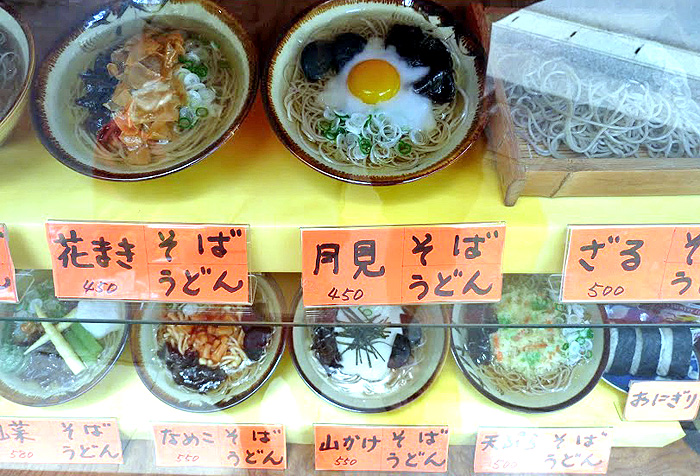This is a guide for athletes traveling to Japan, what to expect and how to be prepared
 Japanese food display
Japanese food display For athletes traveling around the world, there are challenges not only finding food that you like, but finding healthy food that can meet your requirements as an athlete. For someone traveling to a new country and culture, this may seem overwhelming. Those from anywhere but Japan may find it hard to find the foods they are familiar with from home. Sometimes it is just knowing where to look. This article is to help guide someone who is planning to travel to Japan in their chosen sport, which is particularly topical with the 2021 Olympic Games being held in Tokyo.
Hydration in Japan
- The water from taps is safe to drink
- If you experience diarrhoea make sure you replace lost fluids and try to avoid further dehydration
- Use Gastrolyte powder (or a similar rehydration powder) to rehydrate, mixed with water &/or a sports drink.
Food in Japan
Food is safe to eat in Japan.
- Rice is the staple food
- Noodles are also popular
- Fish, shellfish and other seafood are very popular, prepared in many different ways.
The traditional Japanese breakfast is rice & miso soup, though a 'Western' breakfast is often available, which comprises bread, eggs, ham, yoghurt, jam.
What if you don't like Japanese food?
- At least eat the rice or noodles for carbohydrate
- Try to include some seafood, chicken or beef with the meal
- If you are not eating the meat, chicken, fish or eggs, make sure you have at least 1-2 glasses of Sustagen (or similar meal replacement drink) per day.
- Take some "extras" from home
Self-catering Options
It is usually cheaper to self-cater. Self-catering is possible in Japan, though most accommodation will not have facilities to enable you to cook your own meals. There are lots of mini-marts and supermarkets which stock a large range of foods, but with the language barrier you may find it hard to decipher what they are. For athletes with food allergies or intolerances this is a significant problem.
Things you may need to bring from home?
Gels, supplements, a drink bottle, medications
Related Pages
- Sports Nutrition for the Traveling Athlete
- Travel Nutrition Guide for Athletes, including China Travel Food Guide for Athletes
- list of tips for travel – mostly for on the plane
- Olympic Games Nutrition in Tokyo 1964
- Food Safety — When traveling, foods and water can be a source of contamination and have the potential to make you sick.
- Guide to watching what you eat while traveling.
- If you are traveling to a hot climate, hydration also becomes a very important issue.
- Fitness and Traveling
- Tips For Healthy Restaurant Eating — while traveling you may need to eat at restaurants.
- For information about foods available around the world, read Clare Wood's travel food blog.
- About Sport in Japan


 Upcoming Events
Upcoming Events